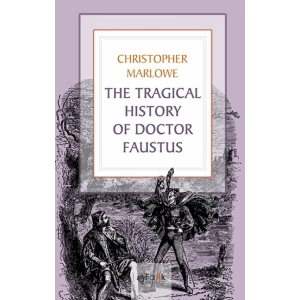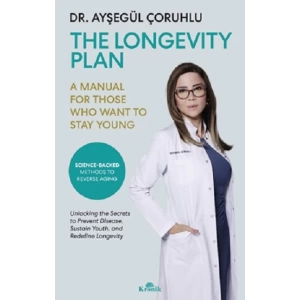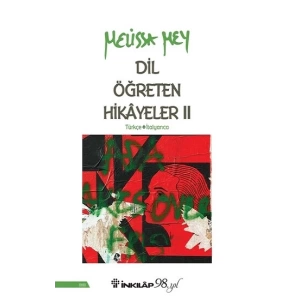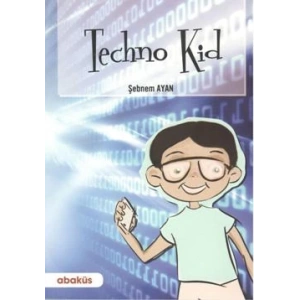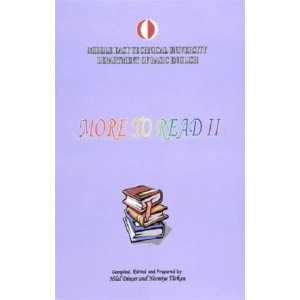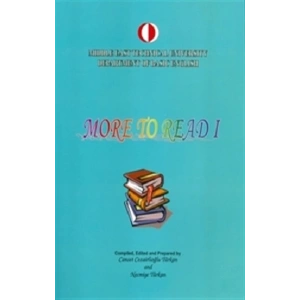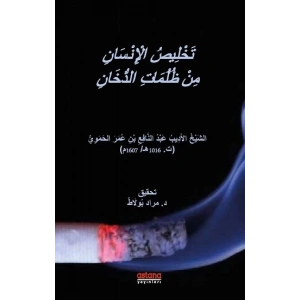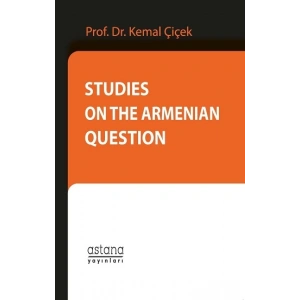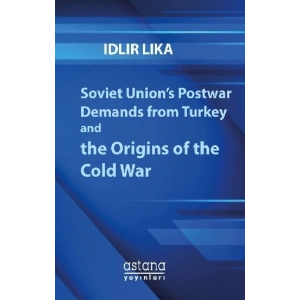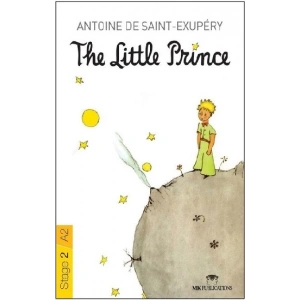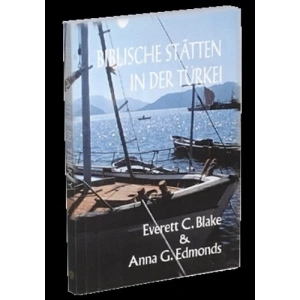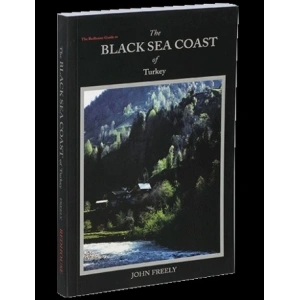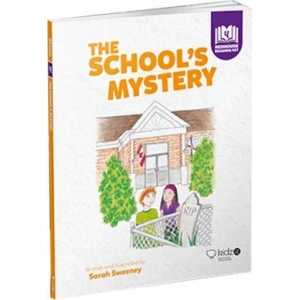Learning time-related concepts, both in the mother tongue and in a foreign language, surely have ramifications on a person’s selfexpression and communication with others in every aspect of life. Based on this main objective, the term project explores how primary school and secondary school students (K2-K8) learn and apply time-related concepts in English. Such questions as how children perceive time, at what age periods the comprehension of time cognitively and linguistically change and develop, what kind of interaction there is between the mother tongue and a foreign language in terms of learning time-related concepts, and how being aware of these concepts affects the exam performance and academic success matter. Based on these conceptual and theoretical questions, the project turns its attention to Türkiye in terms of testing and weighing them in an educational setting. Using inductive methodology, the research employs the qualitative research method and primarily document analysis, conceived in a broad sense. The basic curriculum of English language teaching in primary and secondary education, the textbooks currently used at K2-K8 level, the High-school Placement Tests (LGS) given between 2019 and 2023, and the reports of the Ministry of National Education of the Republic of Türkiye on these exams constitute the main data sources. The project analyzes each unit of the textbooks and each LGS exam question of each education year and reaches conclusions about the consistency between the curriculum, textbook, and exam questions. In addition, the project makes use of the statistical information from the reports prepared by the Ministry of National Education on the LGS exams. The project has reached conclusions such as that the textbooks have emphasized spatial elements rather than time-related concepts, that students who do not have good knowledge of the temporal elements may face difficulties in the LGS exam, and that there is discrepancy between the content of the textbooks and the questions on some issues. For future possible changes in the curriculum, this study recommends giving more weight to temporal concepts, including temporal elements in textbooks especially in the K5-K8 education, and paying due attention to tense elements in LGS exam questions.
 Tanıtım Metni
Tanıtım Metni






